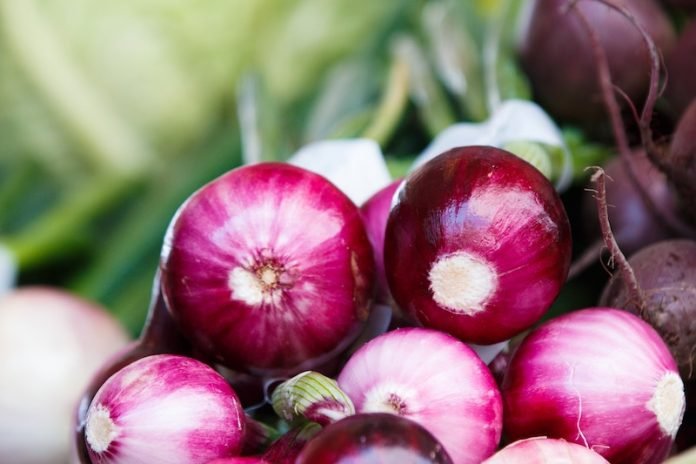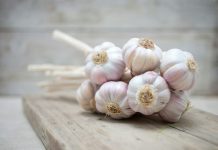
Quercetin is a flavonol found in various fruits, vegetables, seeds, and grains. It’s part of a larger group of plant compounds known as polyphenols.
Foods rich in quercetin include capers, red onions, and kale. Researchers have long speculated that quercetin may help prevent heart disease by reducing high blood pressure.
A new study from the University of Bonn supports this theory and offers new insights.
The Study Design
The study involved 70 participants who were either overweight or obese and had high blood pressure or were at risk of developing it.
Participants were divided into two groups: one group received 162 milligrams per day of quercetin derived from onion skin extract, while the other group received a placebo. The study ran for six weeks.
Researchers measured participants’ blood pressure using two methods: ambulatory blood pressure (ABP), which monitors blood pressure throughout the day, and office blood pressure, measured during a visit to the doctor.
Key Findings
The results were encouraging. Among those with high blood pressure, quercetin lowered systolic blood pressure (the top number) by about 3.6 mmHg compared to the placebo group.
It was effective in reducing both daytime and nighttime systolic blood pressure. However, quercetin did not affect other health markers like inflammation, lipid and glucose metabolism, or oxidation levels.
The study, published in the British Journal of Nutrition and conducted by Verena Brüll and her team, concludes that a daily intake of 162 milligrams of quercetin from onion skin extract could be beneficial for lowering blood pressure.
This suggests that quercetin could play a role in protecting the heart, especially in those who are overweight or obese and have high blood pressure.
What Does This Mean for You?
If you’re concerned about high blood pressure, this study suggests that quercetin could be a natural way to manage it.
Other lifestyle adjustments, such as drinking tea or using herbal supplements, might also help.
It’s also important to consider the role of diet, particularly added sugars, and nutritional supplements like vitamin D, which have been shown to influence blood pressure.
Before starting any new supplement or making significant dietary changes, consult with a healthcare provider for personalized advice.
Conclusion
This study adds to the growing body of research suggesting that natural compounds like quercetin have potential heart health benefits.
As always, more research is needed, especially to understand the long-term effects and optimal dosages of quercetin.
But for those looking for a natural way to manage high blood pressure, it might be worth considering foods rich in quercetin or supplements under the guidance of a healthcare provider.
If you care about high blood pressure, please read studies about blood pressure drugs that could increase heart failure risk, and common high blood pressure drugs may have dangerous side effects.
For more information about blood pressure, please see recent studies about added sugar in your diet linked to higher blood pressure, and results showing vitamin D could improve blood pressure in people with diabetes.
Follow us on Twitter for more articles about this topic.
Copyright © 2023 Knowridge Science Report. All rights reserved.



